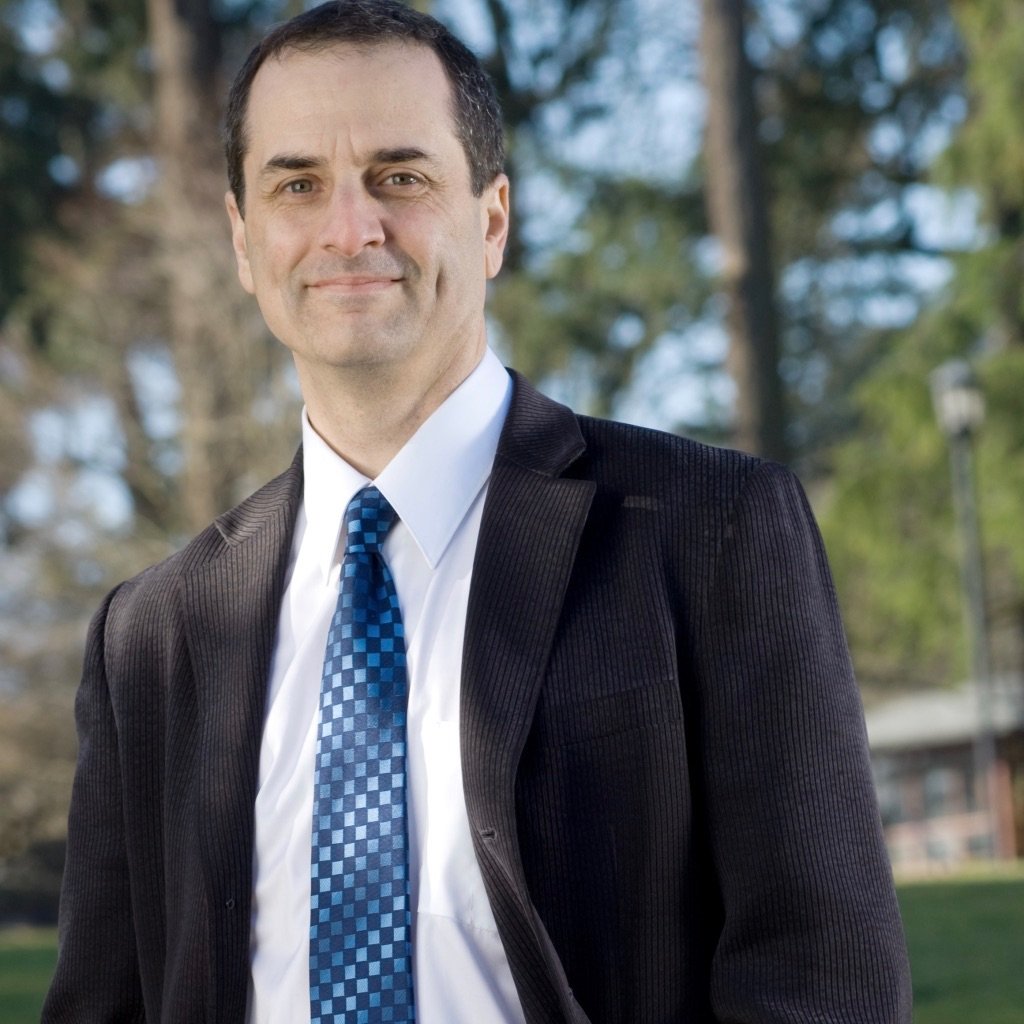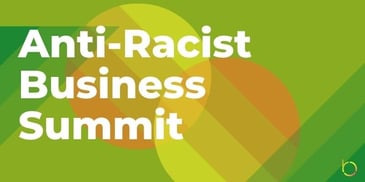Building a Purpose-Driven Business—What You Should Know

Are you inspired by companies that bring awareness to challenges disproportionately affecting marginalized communities? Do you feel passionate about equal opportunity, whether it be companies offering job opportunities to people with disabilities or those who are rehabilitated from prisons? Most importantly, do you want to contribute first-hand to pioneering meaningful change and social impact in the start-up world?
If so, before you harness your purpose-driven business ideas and use them to fuel your social-impact endeavors, you first have to gather the tools to build the structure that will keep both your business and your mission standing firm.
To acquire the foundational business skills that will launch your ideas into reality, you will need:
- the support of a like-minded professional network
- informative courses
- workshops
Start-ups need hard-working, committed, and talented employees willing to work for sweat equity and with the right training, that could be you. Earning your MBA with a focus on sustainable business is the strategic way to gain all the practical knowledge and tools to build your inspirational aspirations into effective, purposeful business models.
Below we’ll analyze purpose-driven businesses and how they balance both profit and mission to enact change. We’ll also use the Bard MBA in Sustainability, a low-residency program based in NYC, as an example of how a purpose-driven business MBA can empower you with the skills, experience, and networks to launch or join a social enterprise.
Purpose Driven Business Models That Actually Work
The last decade has seen an explosion of businesses built around social and environmental missions. We have seen shifts from mass production to fair trade and sustainably-made, from wage gaps to women’s empowerment, from high waste production to renewable energy. Changes like the rise of circular economy startups, organic and rain-forest friendly products, and more, are all due to entrepreneurs who made it a priority to solve social and environmental challenges through companies they establish. Here are some of the companies doing exactly that:
- Infinite Roots - Sustainable Food Production
Infinite Roots is a purpose-driven business dedicated to transforming the global food system through mycelium technology. By harnessing the natural power of mushroom roots, they create sustainable, nutrient-rich ingredients that promote healthier eating while reducing environmental impact.
From sourcing to production, their mission is clear: to nourish people and the planet through an innovative, circular food system. With space-saving fermentation and minimal resource use, they are pioneering a more equitable, efficient way to feed the world.
- MOD Pizza - Equal Opportunity
MOD Pizza isn’t just about great food—it’s about making a positive impact. Built on the idea that a business can and should serve its community, MOD hires people often overlooked by traditional employers, including those facing barriers to employment due to previous incarcerations. Their commitment to fair wages, inclusive hiring, and community giving makes every pizza more than just a meal—it’s a chance to do good. “If we take care of our employees, they’ll take care of you, and our business will take care of itself. We call it Spreading MODness, and after opening stores across the U.S. and U.K., we think it’s working.” By combining a people-first culture with a commitment to quality, MOD is redefining what it means to be a purpose-driven business.
- TerraCycle - Waste Reduction
TerraCycle is on a mission to eliminate the very idea of waste. By partnering with brands, retailers, and consumers, they create innovative recycling programs for hard-to-recycle materials—think snack wrappers, coffee pods, and even cigarette butts. Their circular solutions turn trash into reusable products, reducing landfill waste and promoting a more sustainable economy. With initiatives like the Zero Waste Box™ and Loop, a reusable packaging system, TerraCycle is proving that businesses can thrive while tackling one of the planet’s biggest environmental challenges.
Bard’s MBA in Sustainability was itself founded to support aspiring mission-driven business leaders. Bard teaches the core MBA skills of strategy, innovation, finance, operations and marketing, all through the lens of using those skills to build sustainable, purpose-driven businesses.
A Business on a Mission Starts With an MBA in Sustainability
How does an MBA in Sustainability, especially from Bard Graduate Programs in Sustainability, support students to join mission-driven start-ups? Four ways:
- Experience, Experience, Experience. Bard’s is the only MBA program in the world that offers—and in fact requires—all students to take a year long-course in Sustainability Consulting. Students work in carefully mentored teams on nine-month projects for, NGOs, start-ups, and companies like Jet Blue, Siemen’s Wind, Clif Bar, and Unilever. In their final year of the degree program, students pursue a year-long individually advised capstone—which for many students, is the chance to pursue their start-up dream.
- Dedicated Courses and Skill Training. Bard’s core curriculum features required courses in innovation, operations, marketing, strategy, economics and finance that impart critical start-up skills.
- Pitching. A key skill for aspiring social entrepreneurs is communicating their business case. Students from multiple classes compete in our annual Disrupt to Sustain pitch competition. Many students also compete, and win, in international case competitions. More generally, the confidence that comes with MBA training can be critical in engaging stakeholders in your business idea.
- Networks and Career Opportunities. Bard’s MBA program has a deep focus on career development, including in the start-up space. Students are exposed to a constant flow of business ideas and opportunities, they interview their heroines and heroes on our student-run podcast, are connected with mentors, and participate in a dedicated career class.
An MBA in Sustainability, such as Bard’s, helps leaders who are both passionate and compassionate about changing the world who need the training and hard skills to build financially successful, sustainable enterprises. With a flexible one-weekend-per-month plus on-line format, aspiring social entrepreneurs from across the country can participate, flying to NYC once a month for in-person classes.
How an MBA Can Help You Use Your Business as a Mission
There are two main paths to a career in social entrepreneurship: starting your own business or joining an early-stage start-up.
Melisa Baez used her Bard MBA to start Elume—a company that creates sustainable notebooks made from stone paper. Elume also offers coaching, consulting, and immersive travel experiences where entrepreneurs learn from global leaders in sustainability and cultural preservation. The business manufactures 2,450 square-foot modular homes, allowing first-time home owners to start out with a tiny house, and expand as needed. Another graduate, Miles Crettien put his skills to work as founder of a roof-top aquaponics business in Brooklyn.
Others have used their MBA in Sustainability from Bard to pivot into purpose-driven businesses. Emily Robichaux leveraged her MBA internship at Groundswell, a low-income solar company in Washington, D.C., and within a year, she was hired on as Director of Finance and Product Development. Eliza Edge used her MBA to navigate the challenges of entrepreneurship, transforming the lessons from an early business venture into a career helping others launch successful startups. Now, as the Hudson Valley’s Innovation Hot Spot Director, she leads a team that supports and incubates startups, driving economic growth and innovation in the region.
These examples show how students have leveraged their graduate business school experience to pursue mission-driven careers. If you are inspired by the social start-up scene, there are two keys: (1) gain critical business skills, and (2) start living in the ecosystem where you want to work. Bard’s MBA in Sustainability will help you do both.
Would you like to learn more about how to align profit with purpose?
Download our guide on The MBA of The Future




